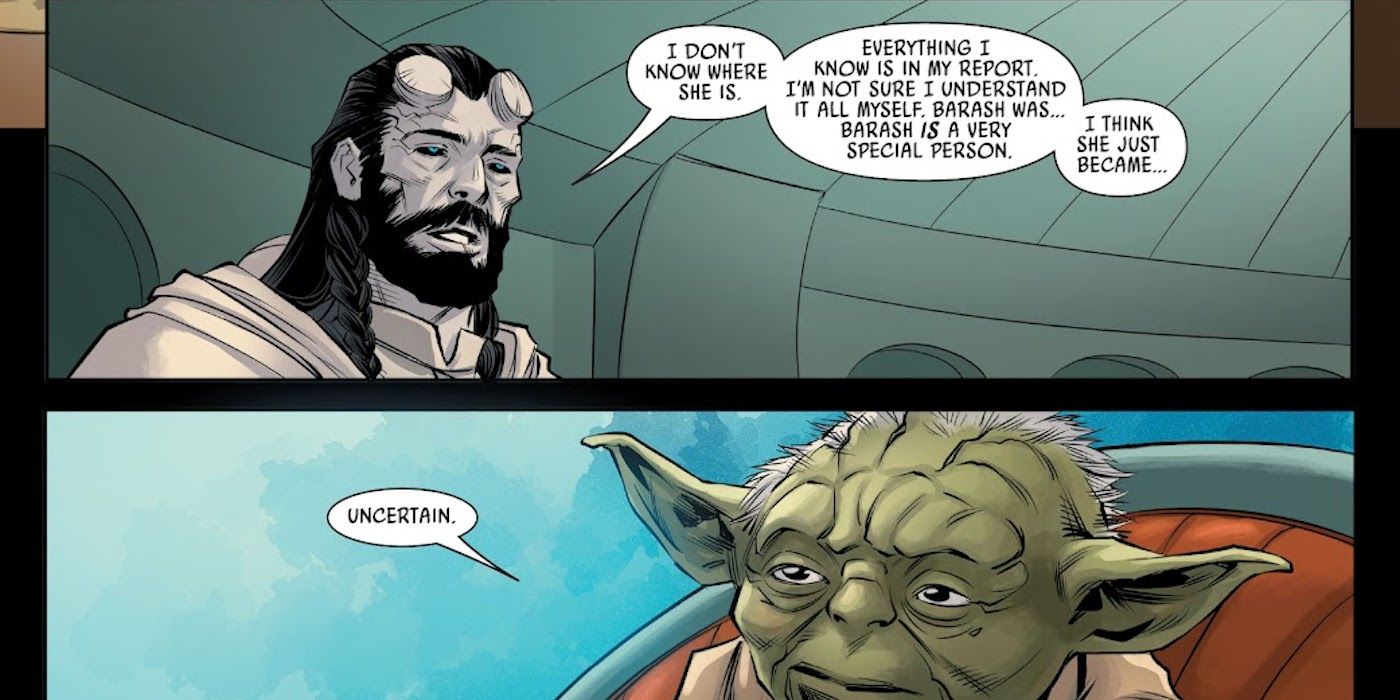Historical and Cultural Significance of the Barash Vow

The Barash Vow, a solemn oath observed by various communities across the Indian subcontinent, holds deep historical and cultural significance. Its origins can be traced back to ancient times, with references found in Hindu scriptures and mythology.
Barash vow, an ancient tradition that binds people together through sacred promises, finds its echoes in the teachings of master indara. His wisdom illuminates the path of self-discovery, reminding us of the vows we make to ourselves and the universe.
Through his guidance, we can deepen our understanding of barash vow and its profound impact on our lives.
The vow is characterized by a pledge to abstain from certain actions or substances for a specified period, often as a form of penance or devotion. The duration of the vow varies, ranging from a few days to several years.
The barash vow, a sacred promise between two people, has been a topic of fascination and intrigue throughout history. Similar to the bond shared by actor Alec Baldwin and his wife, Hilaria, the barash vow symbolizes an unbreakable connection and a commitment to love and support.
Like the Baldwins, those who make a barash vow pledge to stand by each other through life’s challenges, offering unwavering loyalty and affection.
Cultural Significance
The Barash Vow has profound cultural significance in various regions:
- India: In India, the vow is particularly prevalent among Hindu communities. It is often observed during religious festivals or as a way to seek blessings for a specific purpose, such as marriage, childbirth, or success in endeavors.
- Nepal: In Nepal, the Barash Vow is known as “Barta” and is widely observed by the Newar community. It is considered a sacred practice associated with purification and renewal.
- Pakistan: In Pakistan, the Barash Vow is known as “Barsi” and is observed by the Sindhi community. It is often associated with mourning and remembrance of loved ones who have passed away.
Influence on Literature, Art, and Social Customs
The Barash Vow has influenced various aspects of literature, art, and social customs:
- Literature: The vow has been a prominent theme in Indian literature, appearing in works such as the Ramayana and Mahabharata. It has also been explored in contemporary novels and short stories.
- Art: The Barash Vow has inspired numerous works of art, including paintings, sculptures, and textiles. These works often depict the vow’s religious and cultural significance.
- Social Customs: The vow has influenced social customs, such as fasting, meditation, and the practice of self-denial. It is seen as a way to cultivate discipline, self-control, and spiritual growth.
Rituals and Practices Associated with the Barash Vow

The Barash Vow is a sacred covenant that involves a series of traditional rituals and practices. These rituals vary depending on the region and community, but they generally share common elements that reflect the cultural and religious significance of the vow.
Forms and Variations of the Barash Vow Ceremony
The Barash Vow ceremony can take different forms depending on the region and community. In some communities, the vow is taken during a public ceremony, while in others, it is a private affair between the individuals involved. The ceremony may involve the exchange of vows, the signing of a contract, or the performance of specific rituals.
Symbolism and Significance of the Rituals
The rituals associated with the Barash Vow are rich in symbolism and significance. The exchange of vows, for example, represents the commitment and bond between the individuals involved. The signing of a contract symbolizes the legal and binding nature of the vow. The performance of specific rituals, such as the tying of a sacred thread or the offering of prayers, invokes divine protection and blessing on the vow.
Contemporary Adaptations and Interpretations of the Barash Vow
In the tapestry of time, the Barash Vow has undergone a metamorphosis, reflecting the evolving attitudes and perceptions of different cultures. Its contemporary adaptations and interpretations have woven new threads into the ancient fabric, breathing fresh life into its rituals and practices.
Changing Attitudes and Perceptions
In modern times, the Barash Vow has become less a binding contract and more a symbolic gesture, reflecting a shift towards individualism and personal autonomy. The emphasis has moved from the vow’s legalistic nature to its emotional and spiritual significance.
Contemporary Art and Music
The Barash Vow has inspired a plethora of contemporary artistic expressions. In literature, it has been explored in novels and poems, delving into the complexities of love, loyalty, and sacrifice. Music has also embraced the Barash Vow, with songs that celebrate its enduring power and explore its modern interpretations.
Social Movements, Barash vow
The Barash Vow has resonated with social movements, becoming a symbol of solidarity and resistance. Activists have invoked its principles to advocate for gender equality, LGBTQ+ rights, and environmental protection, drawing parallels between the vow’s commitment and the struggle for social justice.
In the ancient Barash vow, warriors pledged to fight valiantly and honorably. Today, we witness a modern-day embodiment of this vow in the Starliner launch. This spacecraft, embarking on a perilous journey to the stars, carries the hopes and dreams of humanity.
May its crew navigate the celestial expanse with the same courage and unwavering spirit that guided the warriors of old.
The Barash vow, a sacred covenant among the Acolytes of Oshtur, binds them to serve the Goddess with unwavering devotion. The cast of the acolyte osha, as depicted in the upcoming series cast of the acolyte osha , embodies this sacred bond, their unwavering loyalty and commitment to their divine mistress.
Barash vow is a mysterious and ancient promise, often associated with power and destiny. In recent times, it has gained notoriety in the entertainment industry, as seen in the upcoming series “Rotten Tomatoes: The Acolyte”. This series explores the dark secrets and twisted motivations behind the creation of the popular film review website, revealing the hidden forces that manipulate our perceptions of cinema.
Yet, amidst the chaos and intrigue, the echoes of the barash vow linger, reminding us of the enduring power of promises and the consequences that follow when they are broken.